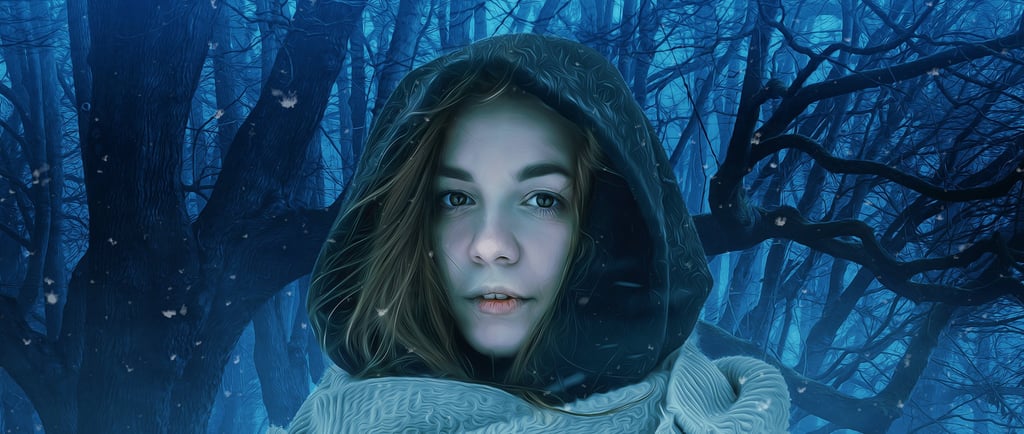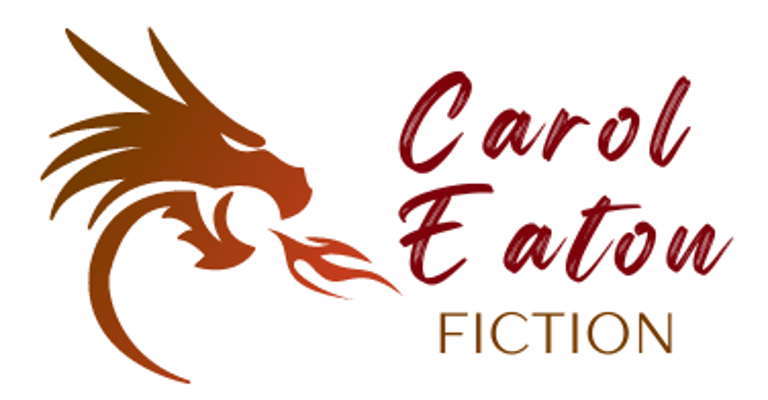What’s in a name?
The art and business of naming characters and novels
September 2024


Ever wonder how writers pick the titles for their novels? Or better yet, the names of their main characters? Let your imagination run wild for the young woman pictured above in the woods. Maybe her name should be mysterious, like Ellisar? Or perhaps something resembling her backdrop, such as a wintry Nithenoel? If her story feels more down-to-earth, maybe a Tisha or Sofia rings more true? Each name tells a different story.
My approach always starts with a carefully researched name for my characters. For me, the name needs to reflect something important about their personality or character. And as her nature comes alive, so does the story around her.
Turns out I’m in good company. J.R.R. Tolkien once wrote, “To me a name comes first and the story follows.” In Lord of the Rings, for instance, the name Frodo finds it origins in the Old English word frōd meaning wise. (source)
Sounds mattered to Tolkien as well, and he “used morphology of English, such as the morpheme mor, which is related to death, and was included in both Morgath and Mordor.” (source)
Indeed, character names can serve multiple functions in a novel, such as:
mirroring their personalities (Pippin and Merry in Lord of the Rings)
alluding to their true nature (“He-Who-Must-Not-Be-Named” or the Dark Lord in Harry Potter)
The last bullet refers to my yet-to-be published urban fantasy trilogy about a young woman who discovers her magical powers command fire. While two of the manuscripts in this trilogy earned semi-finalist and finalist spots in a recent writing contest, an agent suggested both the character and novel be renamed, since Ash seemed too obvious and Fireborne had been overdone with several other published books using that title.
So, publishers, editors, and agents provide another influence on how authors choose names for their books and characters. At a writers’ conference I attended last week, one romance author described how the names she chose for her book didn’t really matter since her publisher picked a new title for it, but she also explained that the editor knew what would sell so the new name worked out for the best.
Full creative freedom gets reserved for heavy hitters like J.R.R. Tolkien, J.K. Rowlings, and Stephen King. The rest of us seek that balance between the art and business of writing, as well as the inspiration from Nithenoel’s unwritten story.
